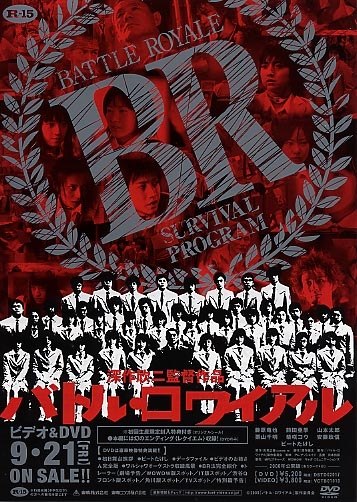JPMorgan's Jan Loeys and others are out with a cool note looking at "seven puzzles" regarding the global economy.
In each case, they lay out a question, and then give their best stab at an answer. The not so humble me will also offer my own take (in colour).
Here's our condenses/summarized version of each one:
- Why haven't Greece or Germany left the Euro yet? Basically, the monetary union was always the first step to full-on political union. Leaving the Euro would be a return to the dark days of a divided Europe. (Greece cannot leave because the alternative is disastrous for Greece, it would have to go back to their drachma, which will see massive higher inflation day to day for a long time; making it near impossible to raise any drachma bonds, thus creating an economy that really runs on black market USD and Euros anyway. Germany can exit but having an undivided Europe is a major platform which they have taken leadership from the start. Its almost come to the point of no return for Germany and France).
- Why has the Euro currency not collapsed? The region has no external trade deficit, and funding concerns have led to Euro trade repatriations. (It is still the most liquid currency after USD, though not reserve status, its the closest we have to USD).
- Why are high-grade corporate credit spreads still so high? They're being distorted a bit by financials, which are now permanently seen as riskier in the post-Lehman world.
- Why do investors love yieldless Treasuries? Basically, there's still a big appetite for risk-less appetites. Also: Financial repression. (This ties in with th previous question, while central banks have been pumping liquidity, much of it has gone to so called riskless Treasuries and other similar bonds, at the expense of corporate bonds, and only a fraction are finding its way back to equities. This is why there is currently a huge bubble in these type of bonds, as not enough consideration or risk have been allocated to the debasement of all major currencies).
- Why is there no deflation, given large global output gaps? The output gaps may be overstated. Central banks are doing a good job keeping inflation expectations high. (This is a surprising thing. The gold bugs have been harping on hyperinflation following the deluge of easing, but that did not happen. Now there are people harping on deflation because the real economy may be a lot weaker than anticipated even with the multiple injections of liquidity. Finance experts and economists are a dime a dozen, they can swing from one end to another all within the same analysis - and sound convincing at the same time. Be careful).
- Why have commodity prices soared despite the mediocre post-crisis recovery? Because commodity project financing evaporated during the crisis, output has been constrained. (This points to the pockets of sustained economic activity that is not in the US or Europe. Not enough attention being paid to the markets in Asia and Latin America, misinformation).
- Why do Japanese corporates keep buying Japanese Government Bonds, despite sky high government debt? Domestic financial repression, as well as high real yields, given ongoing deflation. (Technically, Japan is the most indebted country and by right the yen should halve their value. But Japan has one thing that most other developed countries don't - a homogeneous society. Call it what you like, to them savings in postal offices and local banks are paramount to safety, a false impression. Do they know that they are funding the enormous debt incurred by the country - maybe, maybe its part of being patriotic. Most other nations would have seen their citizens withdrawing these funds and shoving them in other currencies to mitigate losses. The same goes for most Japanese corporates, they are still repatriating foreign exchange back to yen, thus increasing demand for the yen. Give that to US corporates, they will find ways to mitigate their yen exposure).
Read more: http://www.businessinsider.com/jpmorgan-solves-7-big-puzzles-about-the-global-economy-2012-4#ixzz1sjaQULhk











